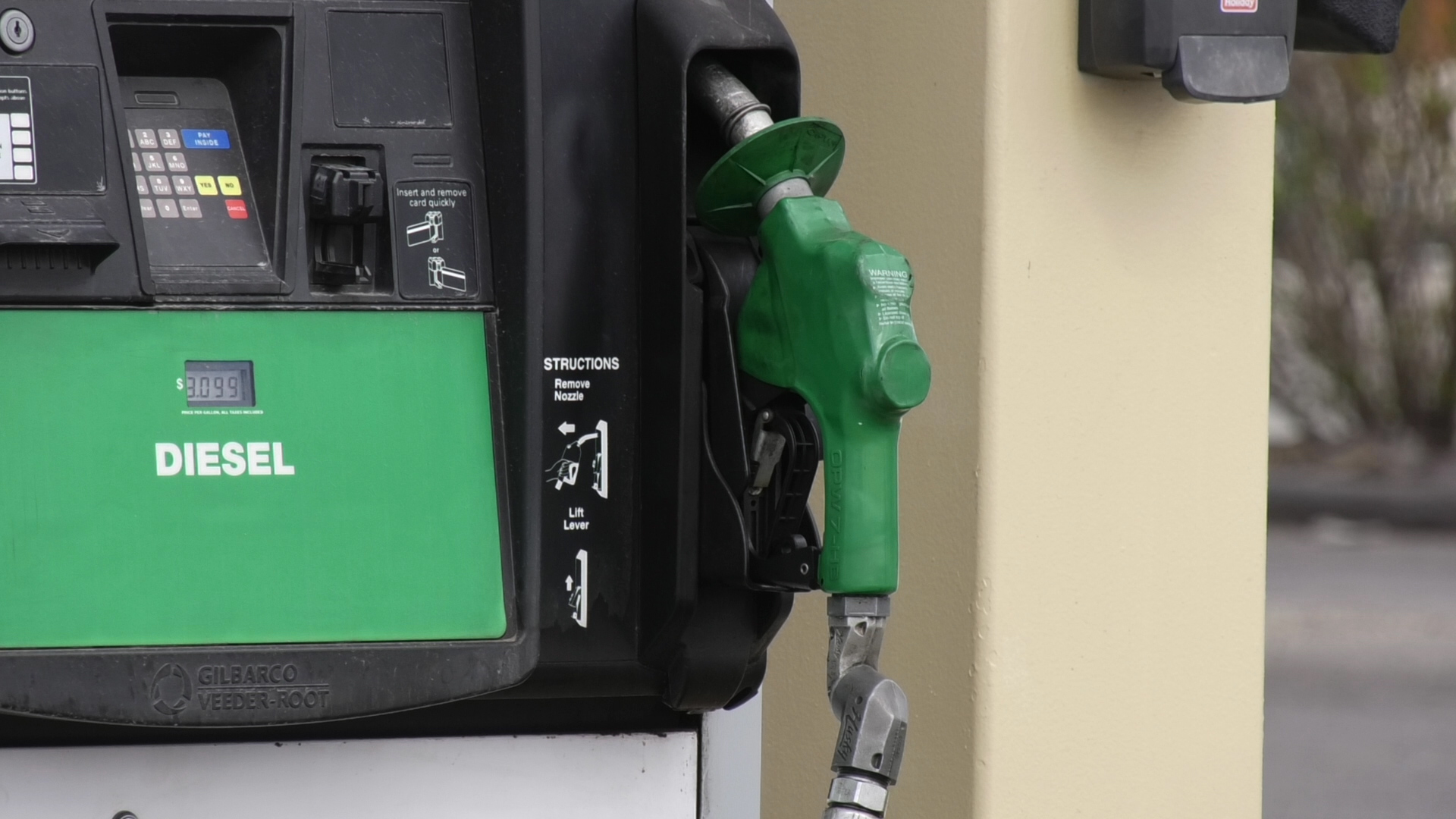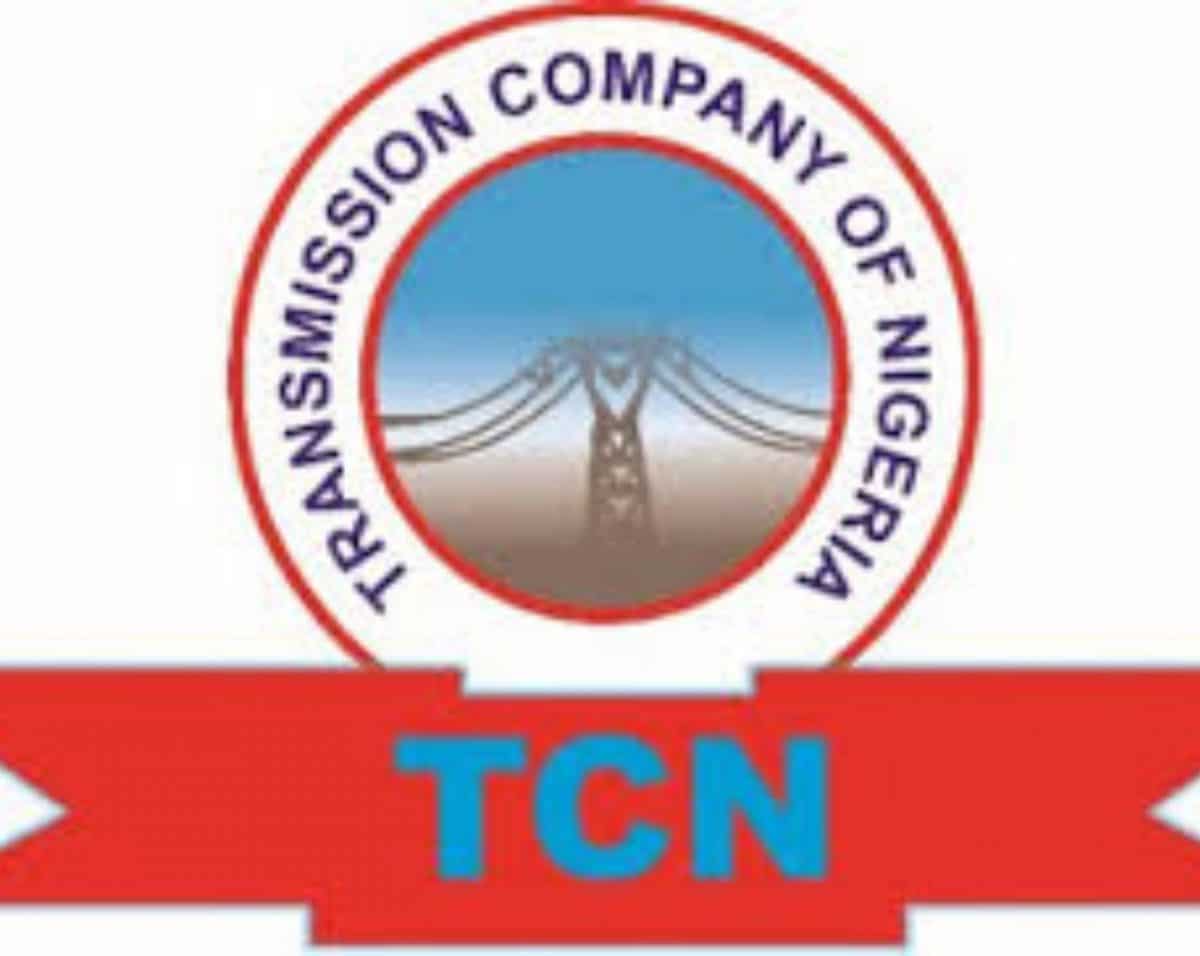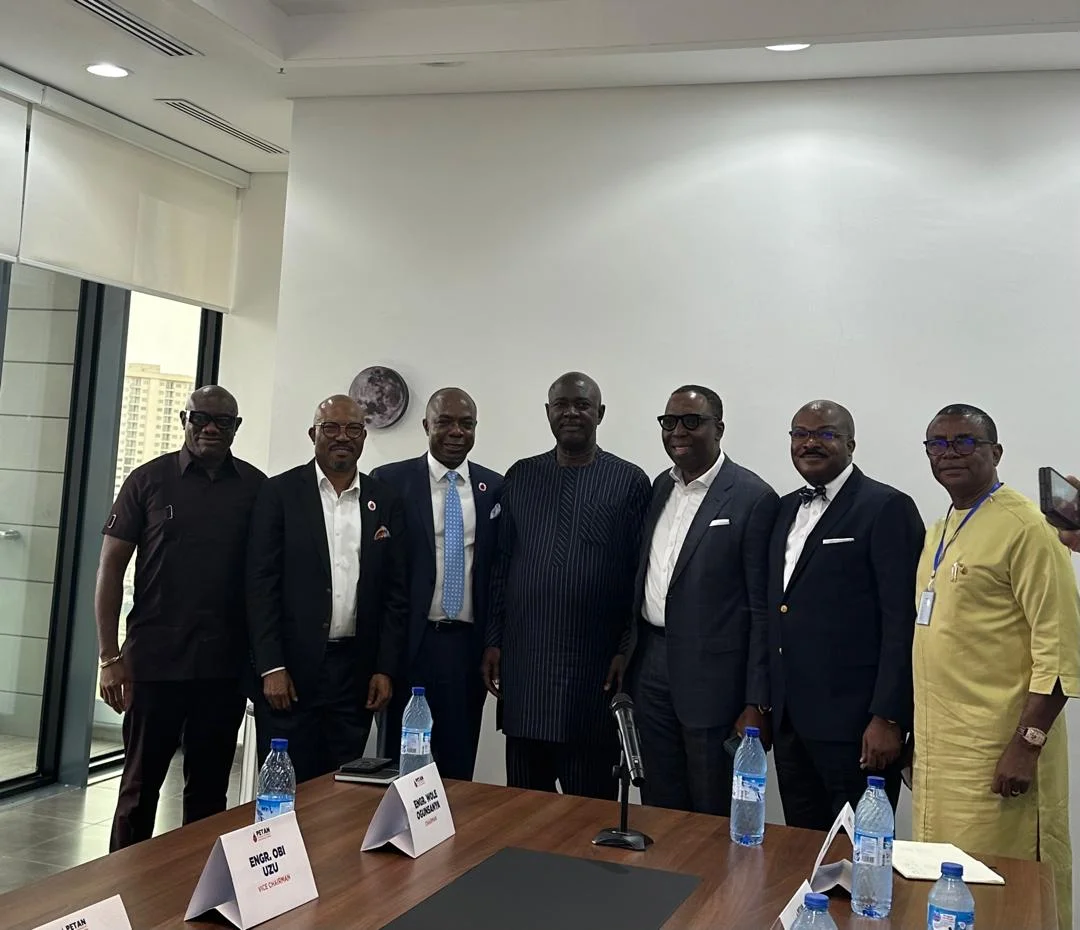Energy
Russia seizes oil pipeline exports to Europe through Ukraine
By Uthman Salami
Russian oil exports through the Druzhba pipeline via Ukraine have been suspended over the problem of transit fee payments.
This is in accordance with what Russian News Agency Interfax, reported on Tuesday, bearing a statement from Russia’s oil pipeline operator Transneft.
According to oilprice.com, the southern leg of the Druzhba oil pipeline from Russia to Europe passes through Ukraine, from where oil is delivered to refineries in Hungary, Slovakia, and the Czech Republic.
According to what is reported on Interfax, The northern branch of the pipeline crosses Belarus and ships oil to Poland and Germany.
Oil transit from Russia via the northern leg of the Druzhba pipeline continues.
Transneft says the reason for the suspension of pipeline oil exports via Ukraine is that a payment it had made to Ukraine’s Ukrtransnafta on July 22 for the transit fees for August didn’t go through and was returned to Transneft’s account on July 28.
“The situation is complicated because European regulators haven’t come up yet with a unified position on how banks should act in various jurisdictions, and they haven’t developed a process to issue permits, either,” Transneft says, as quoted by Interfax.
Therefore, Russian oil exports via Ukraine were halted on August 4, the company added.
The suspension of Russian oil exports via pipeline opens another confrontation between Russia and the EU on Russian energy deliveries to Europe.
The EU, when announcing the embargo on Russian oil imports—to come into force at the end of this year—exempted imports of Russia crude and petroleum products via pipeline because several landlocked countries, such as Hungary, the Czech Republic, and Slovakia, are highly dependent on pipeline oil supply from Russia.
EU member states dependent on Russian pipeline oil were given a temporary exemption to import Russian crude via pipeline until the EU Council decides otherwise, but were not allowed to resell such crude oil and petroleum products to other Member States or third countries.
Hungary, the Czech Republic, and Slovakia whose supplies from Russia have been cut.
Russia has also cut off natural gas deliveries to several EU member states and has slashed supply via Nord Stream to Germany to just 20 per cent of the gas pipeline’s capacity.
Energy
Diesel price stands at N1341.16 in March 2024 – NBS

The National Bureau of Statistics (NBS) has said that the average retail price of a litre of diesel increased from N840.81 in March 2023 to N1341.16 in March 2024.
NBS stated this in its Diesel Price Watch for March 2024 released in Abuja on Thursday.
The report said that the March 2024 price of N1341.16 per litre amounted to a 59.51 per cent increase over the N840.81 paid in March 2023.
“On a month-on-month basis, the price increased by 6.69 per cent from the N1257.06 per litre recorded in February 2024,” it added.
On state profile analysis, the report said the highest average price of diesel in March 2024 was recorded in Edo at N1566.67 per litre, followed by Jigawa at N1533.33 and Cross River at N1532.71.
It stated that the lowest price was recorded in Plateau at N1067.25 per litre, followed by Niger at N1140.00 and Adamawa at N1175.
“In addition, the analysis by zones showed that the South-South had the highest price of N1419.35 per litre, while the North-Central recorded the lowest price at N1230.98.’’
Energy
TCN deploys technology to detect sudden drop in power generation


The Transmission Company of Nigeria (TCN) says it has deployed a Generation Dip/Loss Detection System (GLDS) which detects and responds to sudden drops or dips in power generation.
The General Manager, Public Affairs, TCN, Mrs Ndidi Mbah said in a statement in Abuja on Wednesday that the deployment of the GLDs was part of the company’s efforts to enhance grid management.
“As TCN continues to make efforts to enhance grid management, its engineers have recently deployed the GLDS which plays a pivotal role in detecting and responding to sudden drops or dips in power generation across the network.
“This innovation stands as a testament to TCN’s commitment to advancing grid management capabilities.
“Designed to empower the National Control Centre (NCC) in Osogbo, GLDS provides grid controllers in NCC with advanced tools for real-time monitoring and analysis of grid performance,” she said.
Mbah said that the GLDS intuitive interface allows for the setting of parameters, continuous monitoring of power generating stations, and comprehensive reporting functionalities, enabling swift responses to grid disturbances.
She said that the GLDS incorporates sophisticated data analytics and machine learning processes to analyse real-time data and identify patterns associated with sudden generation loss.
“By leveraging anomaly detection techniques, GLDS can promptly alert grid controllers on deviations from normal grid behaviour, facilitating proactive intervention to prevent widespread disruptions.
“TCN ensures seamless communication between GLDS and Internet of Things (IoT) cloud servers, enabling more rapid response and coordination of mitigation strategies.
“This connectivity underscores TCN’s commitment to enhancing grid resilience and ensuring the uninterrupted delivery of electricity to consumers across the country,” she said.
Mbah said that previously, TCN engineers had developed an in-house design that leverages IOT technology as an innovative solution in response to the challenge of limited visibility of power generators.
According to her, the IOT devices, which were strategically deployed across power stations and some substations, facilitate the collection of near real-time data, including power generation levels and grid performance metrics.
“The IOT enabled the expansion of visibility of power generating stations from 6 to 27, this has helped TCN significantly improve its ability to monitor grid load and identify potential issues before they escalate.
“Recently, the IOT device was also used to capture generation from Taopex GS and Zungeru Hydro Power Stations, bringing the total number of power stations visible to the national grid to 29.
“GLDS and the IOT represent a significant step forward in bolstering grid stability and reliability,” she said.
Mbah said that these initiatives would empower TCN’s grid controllers with the insights needed to proactively address challenges and minimise disruptions.
“As well as demonstrates TCN’s dedication to meeting the evolving demands Of the Nigerian Electricity Supply Industry (NESI),” she said.
Energy
FG, PETAN to collaborate on oil, gas development


The Minister of State for Petroleum Resources (Oil), Mr Heineken Lokpobiri has expressed the Federal Government’s readiness to collaborate with the Petroleum Technology Association of Nigeria (PETAN) to increase the country’s oil production and revenue.
Lokpobiri said that the partnership became necessary to address the dwindling oil production and the need to drive investment in the nation’s oil and gas sector.
The minister gave the assurance during his visit to members of PETAN in Lagos on Wednesday.
Lokpobiri said that the federal government was putting up measures to restore oil production, adding that there is a need for the ministry and PETAN to work together to maximise all available opportunities that can help increase production in the country.
According to him, the quickest way for the country to overcome the current economic hardship is through the exploration and production of oil and gas.
He added, therefore, that the government is actively engaged in policy evolution, aimed at maximising the utilisation of all available oil and gas wells in the country.
Lokpobiri said, “No country leaves their well idle, in Nigeria, so many seismic activities have been done and we have a lot of oil wells that are yet to be utilised.
“Imagine, one of the OML’s has about 150 idle wells. There is no way we can increase production if these wells continue to be idle.
“The wells have already been drilled and capped since the 1970s. These are low-hanging fruits.
“Part of our policy direction is to see how we can farm out some of these idle wells for proper utilisation.
“Now that the world is transitioning to cleaner energy, the country must use the available time to maximise the utilisation of the wells to increase production.
‘’Except we increase our production, our midstream and downstream will continue to suffer.
“So, I believe that I and PETAN need to work together so that we can maximise the opportunities the industry can avail us, for the economic prosperity and development of the nation,” he added.
Lokpobiri said he had made a strong commitment to work with PETAN and other Nigerians in the oil and gas sector, who have shown proven capacity to ensure the growth of the sector.
He expressed conviction that the solution to Nigeria’s energy poverty lies with every stakeholder.
He noted that nobody or nation would come to salvage the nation’s oil and gas industry except Nigerians.
The Minister said if Nigerians are allowed to play at the desirable level, there will be a lot of improvement in the petroleum sector.
He also pointed out that the essence of the Local Content Law was to enable Nigerians to build strong capacity to be able to play side-by-side with their international counterparts.
“In line with NUPRC’s statutory declaration, Nigeria now boasts of 37.5 billion crude oil reserves, while its total gas resources as of the beginning of this year, now stands at 209.26 TCF.”
The Minister said the President Bola Tinubu-led administration was doing all it could to take the nation to a better economic standing in the comity of the nations.
He affirmed that one of the cardinal points of the president was to address the nation’s energy poverty, noting that as the world is transiting, the nation must address its challenges to enable it transit as well.
Earlier in his remarks, the Chairman of PETAN, Mr Wole Ogunsanya, reiterated the association’s commitment to supporting the minister and all the efforts of President Tinubu toward increasing oil production and development of the energy sector.
He also called on the government to see how it could grant incentives to stakeholders to ensure better output and economic benefit for the industry and the nation at large.
Ogunsanya said, “Honourable Minister, we thank you and assure you that we will continue to align ourselves with the vision of the president.
“And as we have continually said, the nation must show its indigenous capacity to explore and drill oil 100 percent.”
He expressed PETAN members’ readiness to help in the development of the Nigerian oil and gas sector.
Also speaking, the Publicity Secretary of PETAN, Dr Innocent Akuvue, thanked the minister for making out time to visit the association.
He assured the minister of the association’s support to the ministry always.
“Minister, we thank you for this wonderful visit and we want to assure you that PETAN is solidly behind you and Mr President.
“By God’s grace we will not fail to support the vision and aspirations of the president in boosting the economic situation of the country,” he said.
PETAN is an association of Nigerian indigenous technical oilfield service companies in the upstream and downstream sectors of the oil and gas industry.
The association was formed to bring together Nigerian oil and gas entrepreneurs to create a forum for the exchange of ideas with the major operators and policymakers.
One of the association’s core objectives is to plan on how to acquire, develop, advance and promote petroleum technology for the benefit of Nigerians.
-
Finance3 months ago
Court orders Sen. Victor Umeh to repay N136m bank debt to AMCON
-



 Abuja Update2 months ago
Abuja Update2 months agoUNDP, FG partnership needed to achieve inclusion, equity- Minister
-
Abuja Update4 weeks ago
Banks drive stock market performance with N147bn gain
-



 Infotech2 weeks ago
Infotech2 weeks agoWorld Backup Day: NITDA urges Nigerians to ensure backup of data
-
capital market2 years ago
Rt.briscoe, FBNH, Others halts negative performance of stock market
-



 Health2 weeks ago
Health2 weeks agoImmunisation: FG, GAVI seek synergy with Sokoto Govt.
-
Submission Guidelines3 months ago
CALL FOR SUBMISSIONS: POETRY COLUMN-NND
-
Infotech1 week ago
Forex for Beginners: Unveiling the currency exchange and how to trade it




